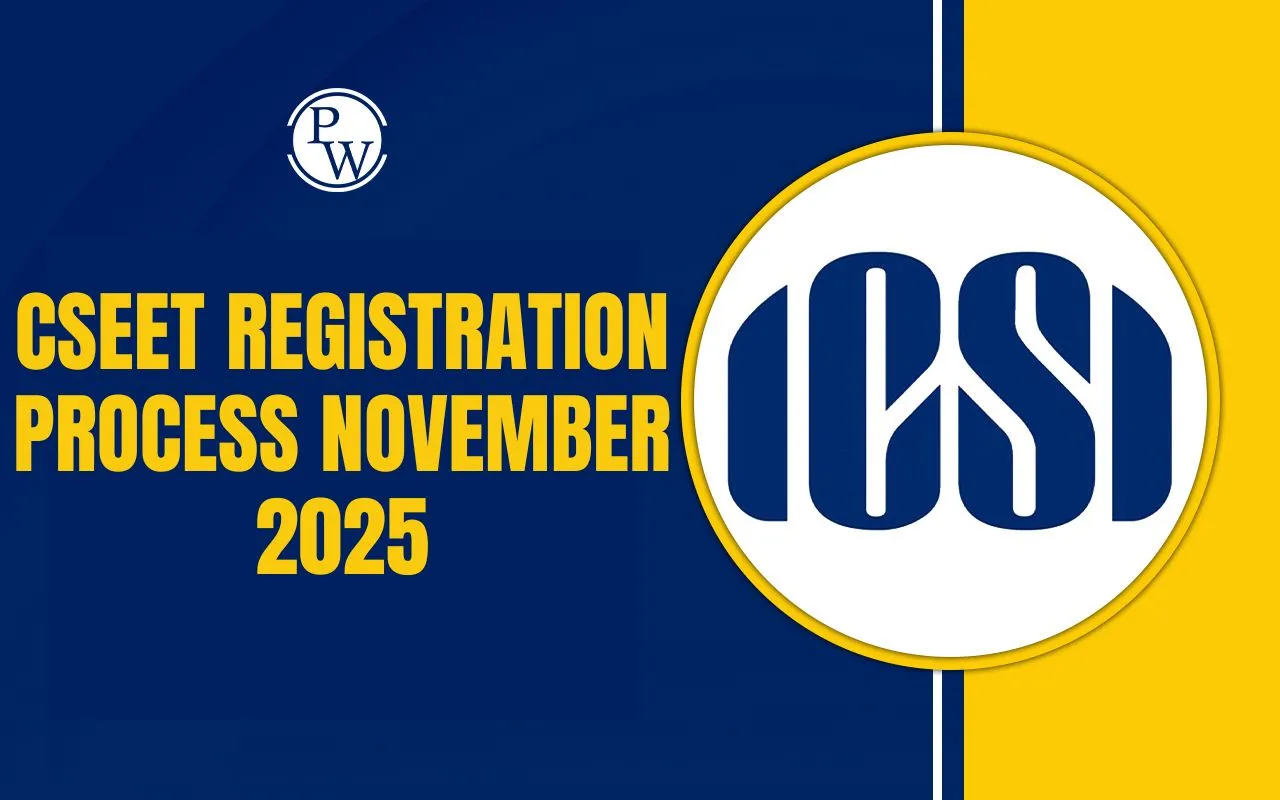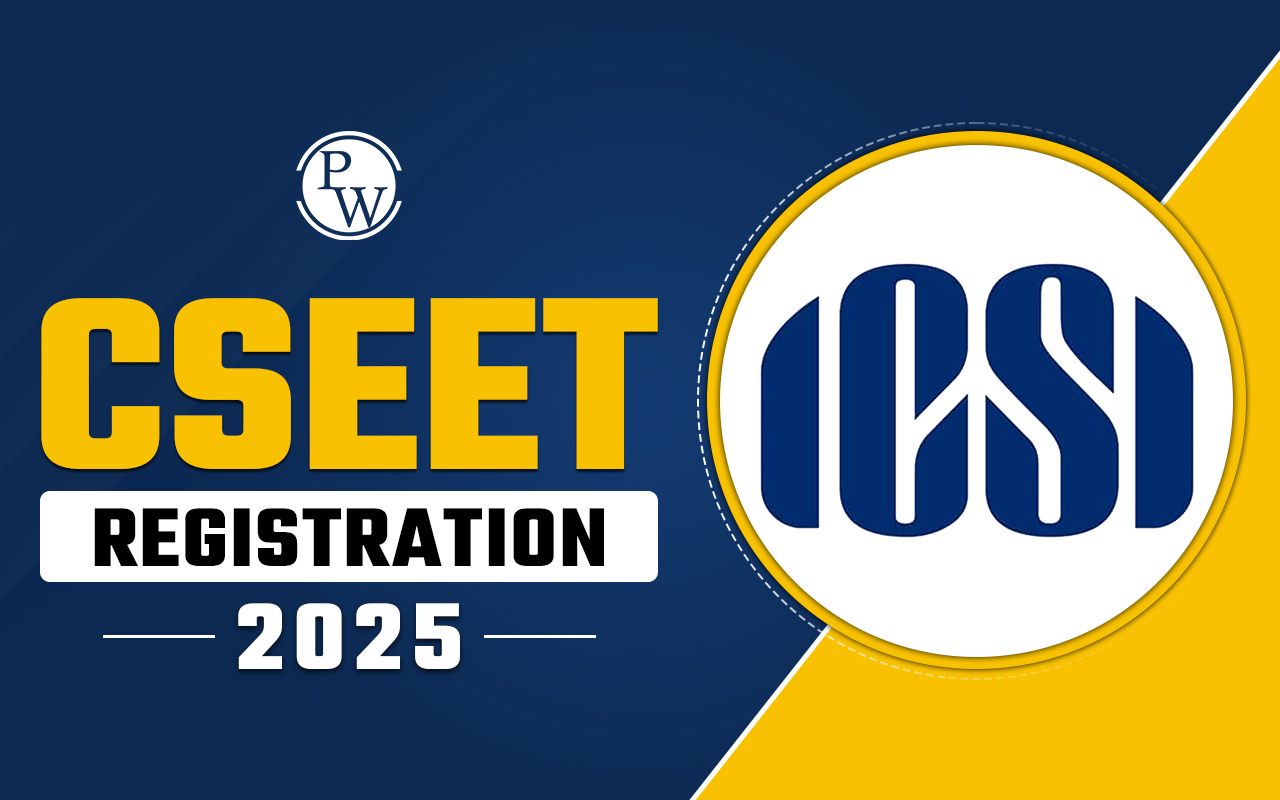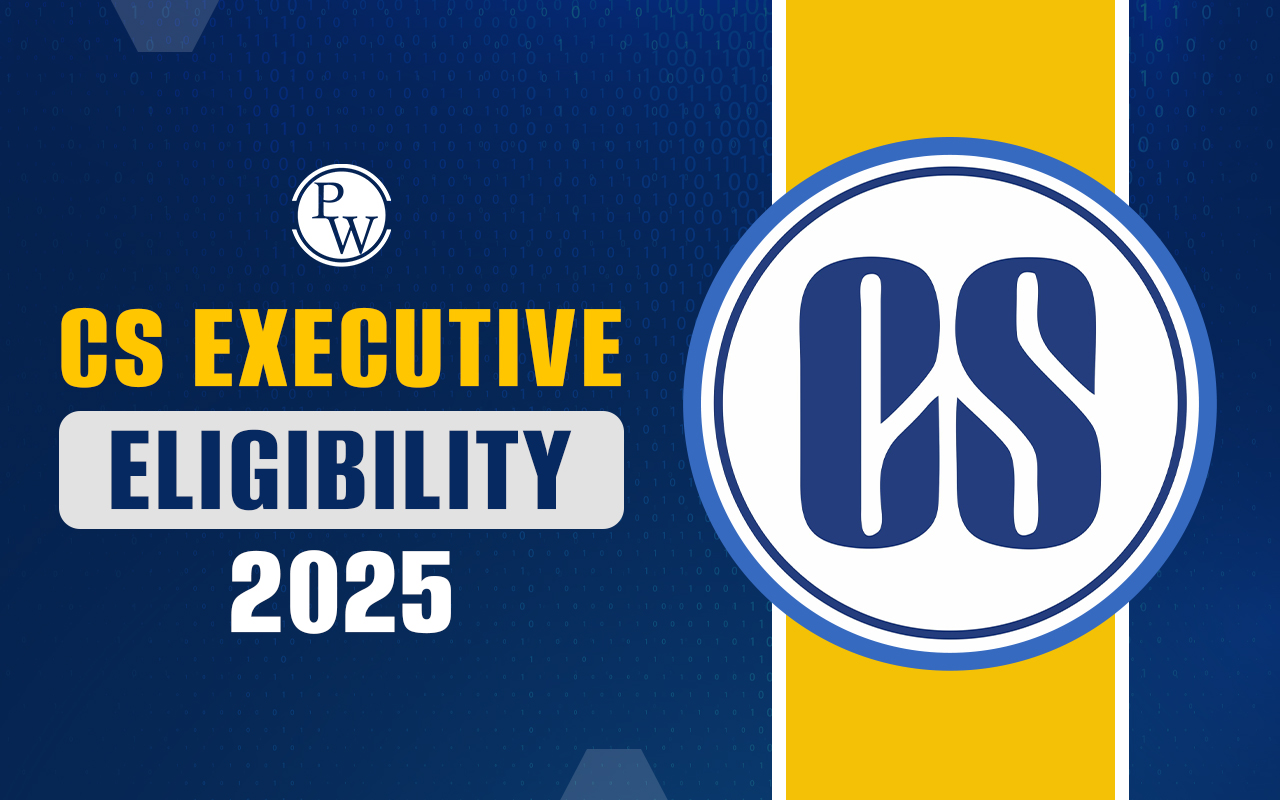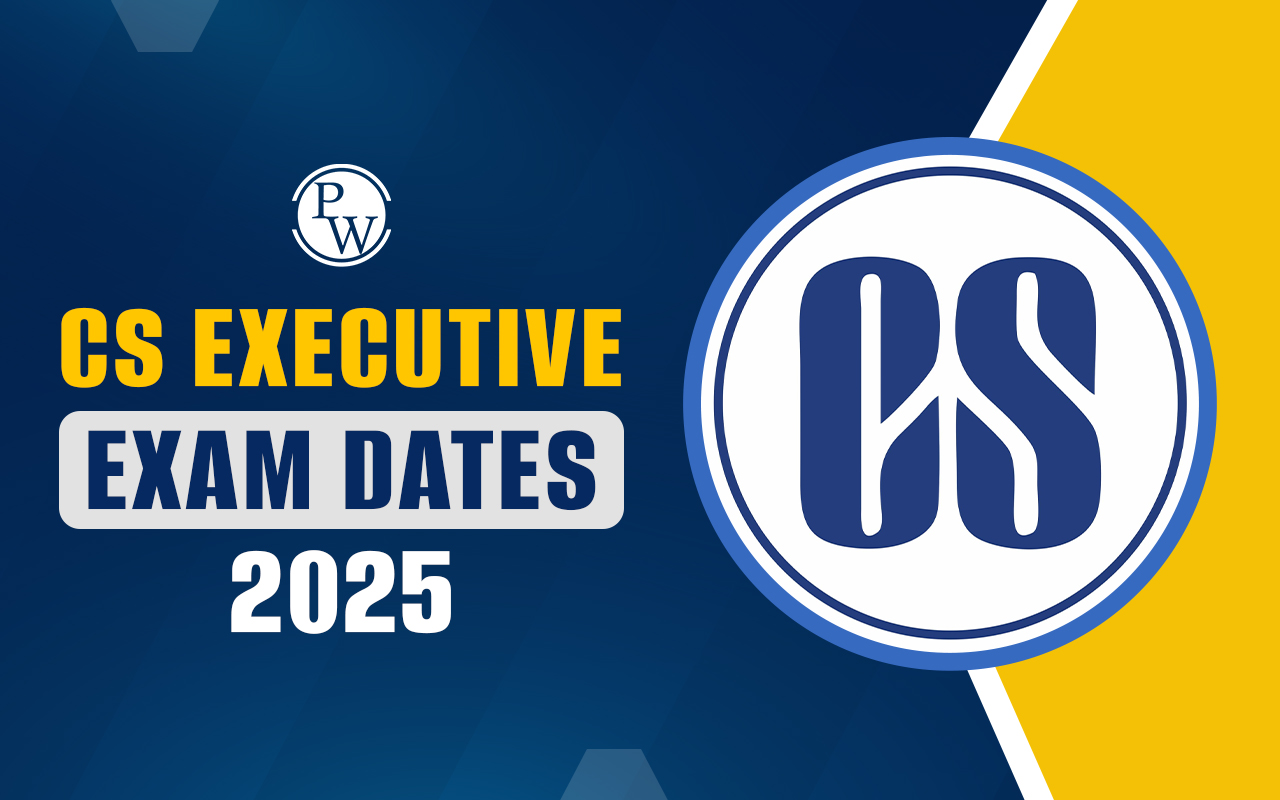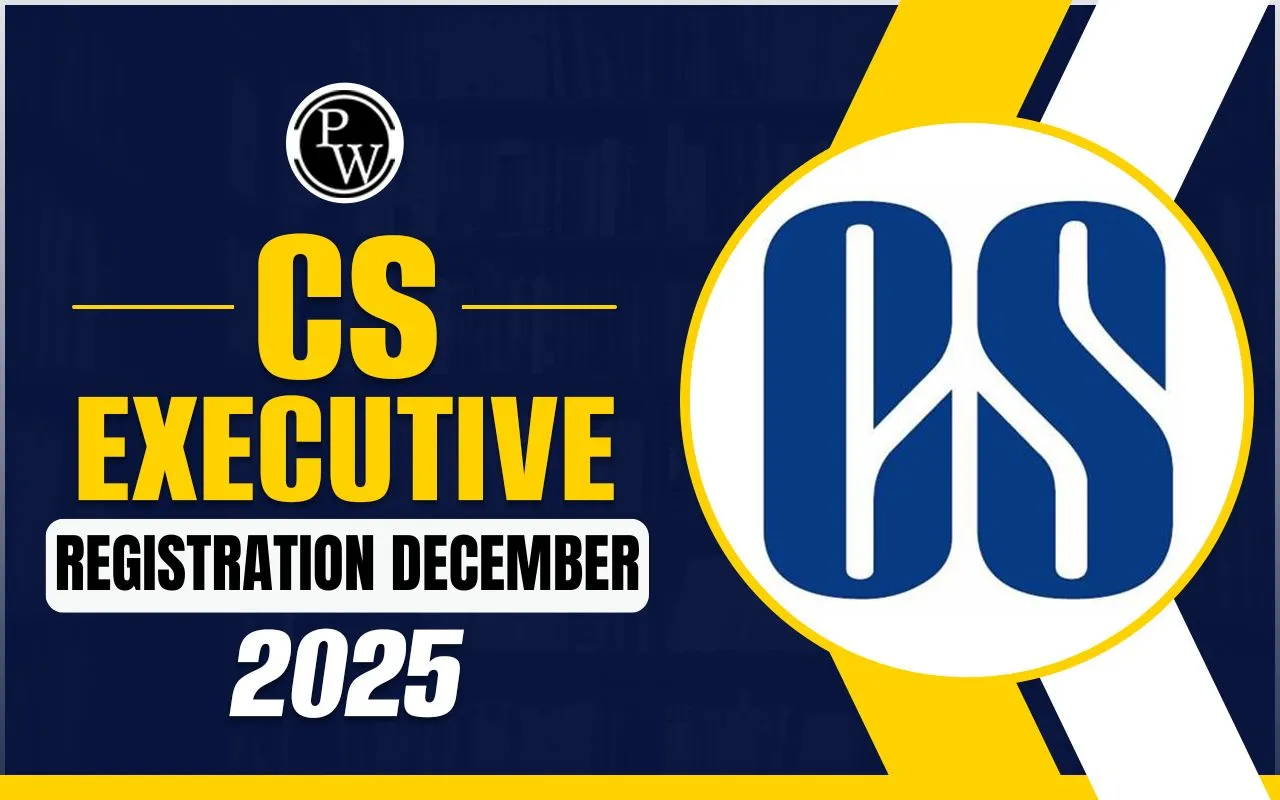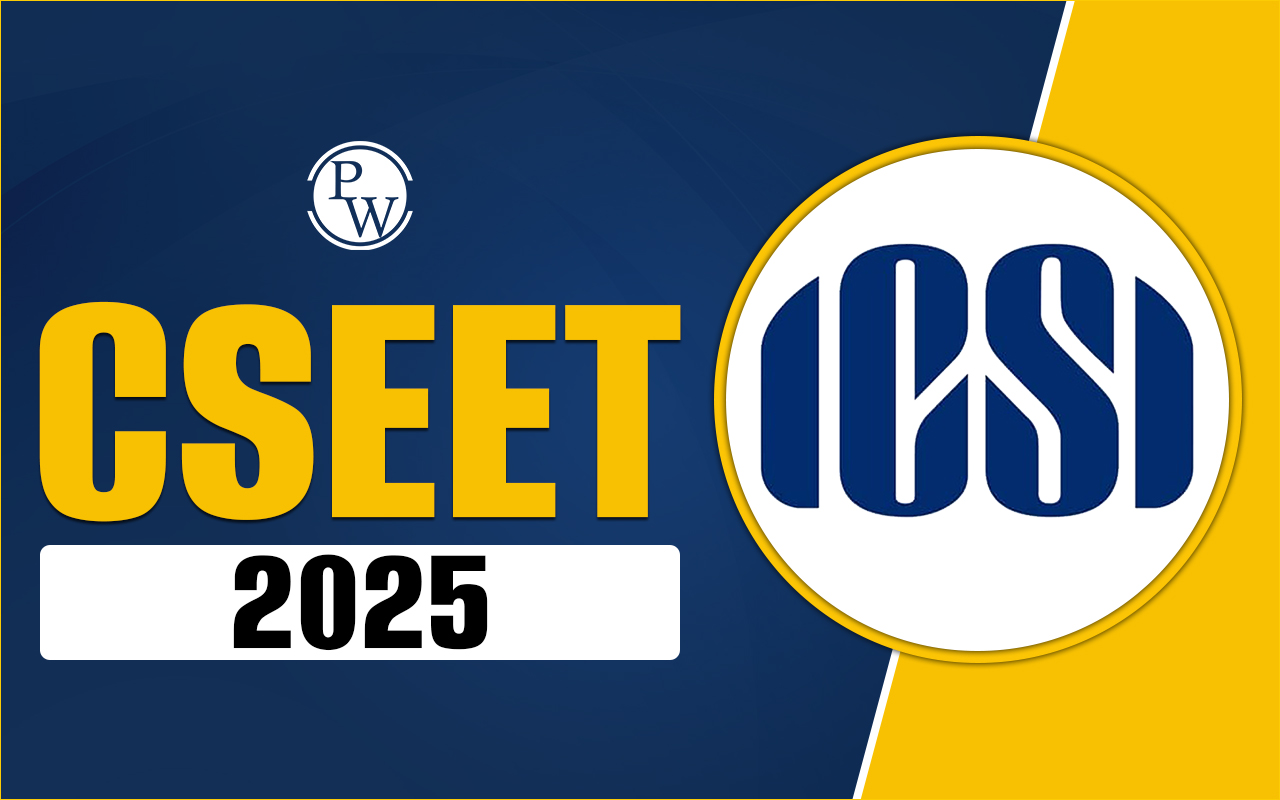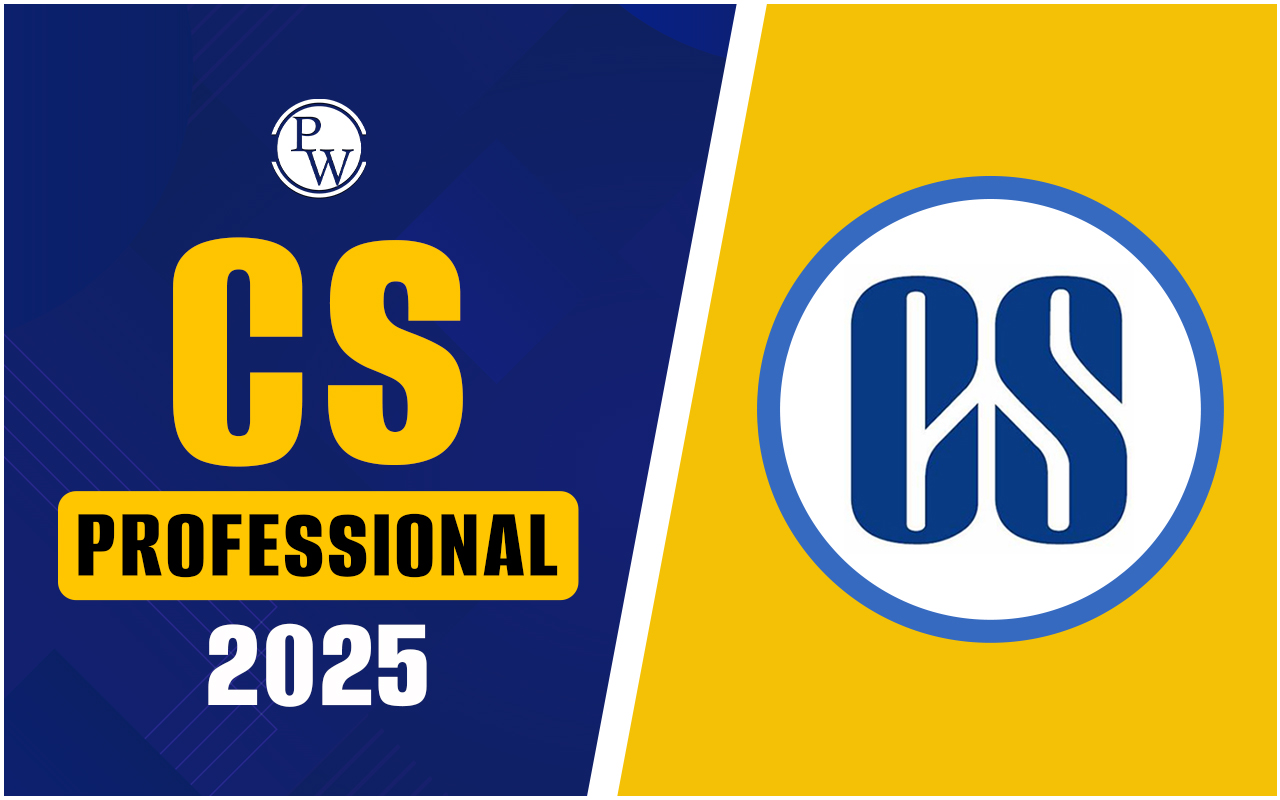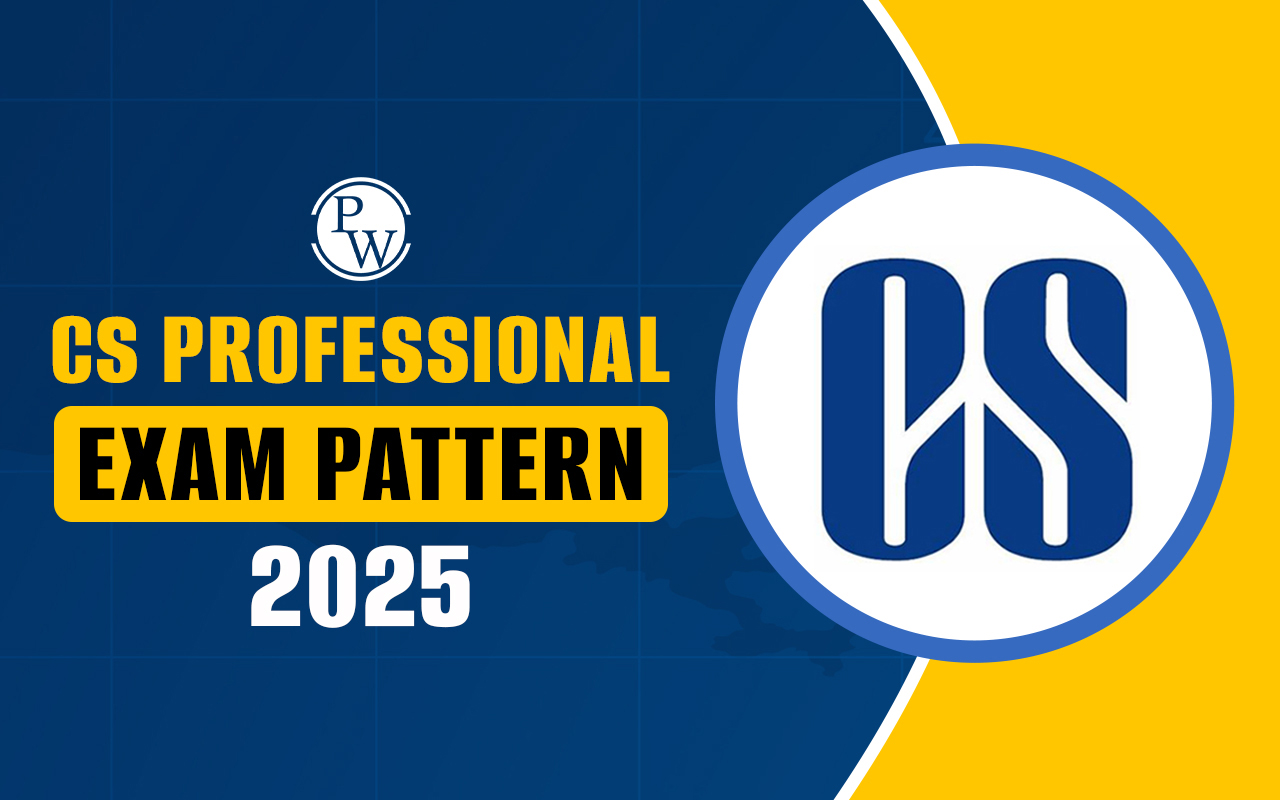
Financial Management Exam Analysis for CS Executive June 2025 brings forward a paper that was numerical-heavy, moderately tricky, and tested core conceptual understanding along with application-based problem-solving. Students shared mixed reactions, many appreciated the direct nature of the paper, but flagged time constraints and tricky sections in capital budgeting and working capital.
This CS Executive Financial Management Exam Analysis provides a complete section-wise breakdown, student feedback, and useful tips for those appearing in future attempts.
Financial Management Exam Analysis
Financial Management Exam Analysis for CS Executive June 2025 reveals that the paper was a balanced mix of practical and theoretical questions, ranging from easy to moderate in difficulty. Students reported that while practical questions were straightforward, some theoretical questions were unexpectedly tricky, requiring deeper conceptual understanding and application.
Also Check:
Most questions were aligned with the ICSI module, emphasising the importance of sticking to the prescribed syllabus. The Financial Management Exam Analysis shows that the exam tested students on core topics such as Working Capital Management, Financial Leverage, Dividend Policy, Ratio Analysis, and Capital Budgeting.
Key Highlights of the Financial Management Exam
- Moderate overall difficulty with a few tough and critical questions.
- Practical questions were mostly easy and direct, allowing well-prepared students to score full marks.
- Theoretical questions included some moderate to tough scenarios, demanding conceptual clarity and analytical skills.
- Unexpected topics such as Common Size Financial Statements and first-time practical questions on TVM (Time Value of Money) appeared.
- Case-study-based questions tested the real-world application of financial concepts.
CS Executive Financial Management Exam Students’ Feedback
Students shared mixed reactions in the Financial Management Exam Review. Some found the paper predictable, while others struggled with lengthy numericals and complex financial models.
Some students mentioned, "The paper was fair, but some questions were unexpectedly tricky."
"I underestimated the small chapters, but they had significant weightage."
"The paper was fair, but some questions were unexpectedly tricky."
Many students admitted feeling nervous post-exam, but the instructor reassured them that consistent preparation and a positive mindset are crucial for success.
This Financial Management Exam Analysis confirms that consistent revision and familiarity with practical sums were key to scoring well.
CS Executive Financial Management Exam Section-Wise Analysis
To decode the Financial Management Exam better, here’s a section-wise breakdown of major topics covered and how students fared with each:
1. Capital Budgeting
Capital Budgeting questions formed a significant portion of the paper. This included:
- NPV and IRR-based decision-making.
- Profitability Index and Payback Period comparisons.
- Case-based scenarios require an understanding of mutually exclusive projects.
Students who practised past papers and understood the concepts behind the numbers did well. However, many found the IRR-based questions time-consuming.
2. Cost of Capital
This section tested:
- Calculation of WACC.
- Marginal cost of capital and optimal capital structure.
- Cost of equity using CAPM and Dividend Discount Model.
Students who revised formulas and understood the concept application were able to attempt this section confidently.
3. Leverages
Leverage-based questions were mostly theoretical, but one numerical test was:
- Operating, Financial, and Combined Leverages.
- Interpretation of results for business risk and financing decisions.
Those who neglected this topic found it challenging.
4. Working Capital Management
Questions covered:
- Estimation of working capital requirements.
- Operating cycle concept.
- Inventory and receivables management.
This section was scoring for those who prepared well, though the estimations required a clear understanding of cost structures.
5. Time Value of Money & Dividend Policy
While not the main focus, these topics had small yet tricky questions:
- Present and future value calculations.
- Gordon and Walter's models for dividend policy.
Many students admitted they overlooked these, thinking they were low-weight chapters, but they had around 8-10 marks combined.
Common Challenges Faced by Students
Below we've mentioned some common challenges that were faced by the students in the exam.
Time Management: Lengthy calculations made it tough to complete within 3 hours.
Overlooking Theory: Some students ignored theory chapters like Dividend Policy.
Manual Calculations: IRR and TVM questions without calculator support consumed time.
How to Prepare for the Next CS Executive Financial Management Attempt?
Based on this Financial Management Exam Analysis, here are the key preparation tips:
1. Master the ICSI Study Material
Most questions were directly from the module. Follow the study material thoroughly and solve the illustrations given in each chapter.
2. Revise All Formulas & Concepts
Keep a formula sheet for regular revision. Understand where and how each formula is applied, especially for capital structure, leverage, and working capital.
3. Practice Numericals Daily
The exam is calculation-based. Set a goal of solving 4–5 problems daily from past papers, mock tests, or the module.
4. Attempt Full-Length Mock Tests Under Exam Conditions
Simulating the real exam helps improve speed and accuracy. Focus on time-bound practice to avoid last-minute panic.
5. Do Not Ignore Minor Chapters
TVM, Dividend Policy, and Basic Theoretical Concepts often carry 10–12 marks. Don’t skip them.
The CS Executive June 2025 Financial Management Exam Analysis confirms that the paper rewarded those who practised consistently and had strong numerical application skills. With a balanced paper, ICSI reaffirmed its emphasis on conceptual clarity and practical application.
Focus on the ICSI module, strengthen your grip on formulas, and improve your calculation speed to ace the next attempt.
Join PW CS Online Courses and build a strong foundation in corporate laws and governance with structured learning and dedicated support.
Financial Management Exam Analysis FAQs
Was the Financial Management paper for CS Executive June 2025 difficult?
Which topics were most important in the June 2025 Financial Management exam?
Did the exam include more theory or numericals?
What was the common challenge faced by students in this attempt?
How should future aspirants prepare for Financial Management in CS Executive?

